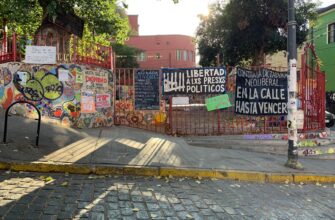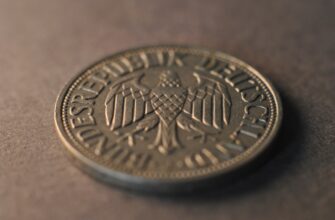- Why Safely Buying and Storing Bitcoin Matters
- How to Buy Bitcoin Safely
- 1. Choose a Reputable Exchange
- 2. Secure Your Account
- 3. Execute Your Purchase
- How to Store Bitcoin Securely
- Types of Bitcoin Wallets
- Best Practices for Storage
- FAQs: Buying and Storing Bitcoin Safely
- What’s the safest Bitcoin wallet?
- Can I lose Bitcoin if an exchange shuts down?
- Is it possible to recover lost Bitcoin?
- Can I buy Bitcoin anonymously?
- How often should I check my Bitcoin holdings?
Why Safely Buying and Storing Bitcoin Matters
Bitcoin offers financial freedom, but its decentralized nature means you’re responsible for your own security. Unlike traditional banks, there’s no customer support to reverse fraudulent transactions or recover lost funds. Learning how to securely acquire and store Bitcoin protects your investment from hackers, scams, and human error.
How to Buy Bitcoin Safely
1. Choose a Reputable Exchange
- Research platforms: Opt for well-established exchanges like Coinbase, Kraken, or Binance with strong security features and regulatory compliance.
- Check reviews: Avoid platforms with a history of breaches or unresolved user complaints.
- Enable two-factor authentication (2FA): Use an authenticator app (e.g., Google Authenticator) instead of SMS for added security.
2. Secure Your Account
- Create a unique, complex password for your exchange account.
- Withdraw Bitcoin to a private wallet immediately after purchase—don’t leave funds on exchanges long-term.
3. Execute Your Purchase
- Start with a small test transaction to verify the process.
- Use limit orders to avoid overpaying during volatile price swings.
How to Store Bitcoin Securely
Types of Bitcoin Wallets
- Hot Wallets: Convenient for frequent transactions (e.g., Exodus, Trust Wallet).
- Cold Wallets: Offline storage via hardware devices (e.g., Ledger, Trezor) for long-term holdings.
- Paper Wallets: Physical printouts of keys—ideal for tech-savvy users but prone to physical damage.
Best Practices for Storage
- Back up wallet seed phrases on fireproof/waterproof media and store them offline.
- Never share private keys or seed phrases digitally.
- Regularly update wallet software to patch vulnerabilities.
- Use multi-signature wallets for large holdings.
FAQs: Buying and Storing Bitcoin Safely
What’s the safest Bitcoin wallet?
Hardware wallets like Ledger or Trezor offer the best security for most users by keeping keys offline.
Can I lose Bitcoin if an exchange shuts down?
Yes. Exchanges can freeze withdrawals during crises. Always move Bitcoin to a private wallet after purchasing.
Is it possible to recover lost Bitcoin?
Only if you have your seed phrase or private key. Lost credentials mean permanent loss of funds.
Can I buy Bitcoin anonymously?
Some platforms allow limited purchases without ID verification, but most regulated exchanges require KYC checks.
How often should I check my Bitcoin holdings?
Review cold storage annually. For active portfolios, monitor weekly while avoiding excessive exposure to price volatility.
By following these guidelines, you’ll minimize risks and keep your Bitcoin secure in both the short and long term.








